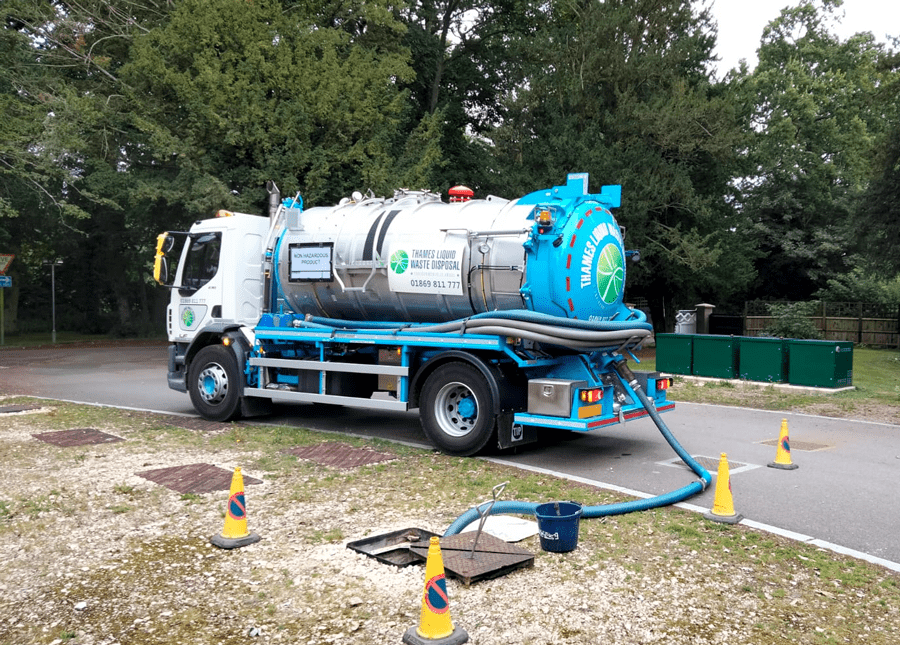Our Reclaim Waste Diaries
Our Reclaim Waste Diaries
Blog Article
Not known Facts About Reclaim Waste
Table of ContentsGet This Report on Reclaim WasteThe 7-Second Trick For Reclaim WasteTop Guidelines Of Reclaim WasteThe 8-Second Trick For Reclaim Waste10 Simple Techniques For Reclaim Waste
Explore the types, events, and kinds of liquid waste. Residential sewer waste describes the waste and items from a residential septic system. This type of waste is created by human beings in houses, institutions, and other buildings. This only includes sewage-disposal tanks that have a drain field. The appropriate monitoring and disposal of domestic sewer waste require fluid waste to be transferred to a sewer treatment plant where the proper techniques and equipment are related to cleanse and dispose of waste.
Business waste frequently includes possible dangers, such as flammable materials or a combination of fluid and strong waste items, and requires a much more innovative and in-depth disposal process. The disposal of industrial waste typically entails the filtering of waste prior to transport to make sure secure and correct disposal. Industrial waste is produced from results and runoff of commercial procedures and manufacturing.
This type of waste can not use the same sewage monitoring transportation or processes as septic or industrial fluids. The hazardous waste administration process calls for the evaluation and screening of fluid waste prior to it undertakes the disposal process (liquid waste removal). Runoff waste is the fluid waste that comes from overflow and excess stormwater in extremely inhabited areas or cities
Runoff waste can trigger contamination and flooding if not handled correctly. Find out more regarding sewage system cleansing and waste administration. Making certain correct waste monitoring can protect against catastrophes and decrease environmental injury. Both individuals in household settings and specialists in commercial or production markets can gain from understanding the procedures and laws of fluid waste administration.
About Reclaim Waste
Contact PROS Providers today to discover about our waste monitoring and disposal solutions and the appropriate means to take care of the fluid waste you generate.
(https://www.openlearning.com/u/leonaube-smse1x/about/)This supposed 'wastewater' is not just an essential source yet, after treatment, will certainly be launched to our land, waterways or the sea. Utilized water from toilets, showers, baths, cooking area sinks, washings and industrial procedures is recognized as wastewater.

water used to cool equipment or clean plant and devices). Stormwater, a form of wastewater, is overflow that flows from farming and city locations such as roof coverings, parks, gardens, roads, courses and rain gutters right into stormwater drains pipes, after rain. Stormwater moves without treatment straight to local creeks or rivers, at some point getting to the ocean.
Top Guidelines Of Reclaim Waste
In Queensland, many wastewater is treated at sewage therapy plants. Wastewater is transferred from domestic or commercial websites with a system of sewage systems and pump terminals, understood as sewage reticulation, read review to a sewer therapy plant. City governments build, maintain and run most sewer therapy plants. Operators are licensed under the Environmental Protection Act 1994 to discharge treated wastewater at an acceptable environmental standard right into waterways.
The Department of Natural Resources advises city governments concerning handling, operating and keeping sewerage systems and therapy plants. In unsewered locations, city governments might call for homeowners to set up individual or house sewer treatment systems to deal with residential wastewater from bathrooms, kitchens, shower rooms and laundries. The Department of Natural Resources authorizes the use of house systems when they are shown to be efficient.
In some brand-new neighborhoods, therapy of some stormwater to eliminate litter, sand and crushed rock has started using gross toxin catches. Wastewater therapy happens in 4 stages: Gets rid of solid issue.
Utilizes little living organisms understands as micro-organisms to damage down and get rid of remaining liquified wastes and great particles. Micro-organisms and wastes are integrated in the sludge.
Not known Factual Statements About Reclaim Waste
Nutrient elimination is not readily available at all sewer therapy plants since it needs costly specialized tools. Clear fluid effluent generated after therapy might still consist of disease-causing micro-organisms - industrial wastewater treatment.

Many wastewater moves right into the sewerage system. Under the Act, neighborhood federal governments administer authorizations and licences for eco pertinent activities (Periods) including wastewater launches that may have a neighborhood effect.
Some Of Reclaim Waste
Or else, examples are taken for lab evaluation. Typically several examinations are needed to establish the degrees of each of the various toxins such as oils, heavy metals and chemicals in water. Surveillance provides factual information regarding water top quality and can confirm that licence conditions are being satisfied. The details gotten through tracking gives the basis for making water quality decisions.
Report this page